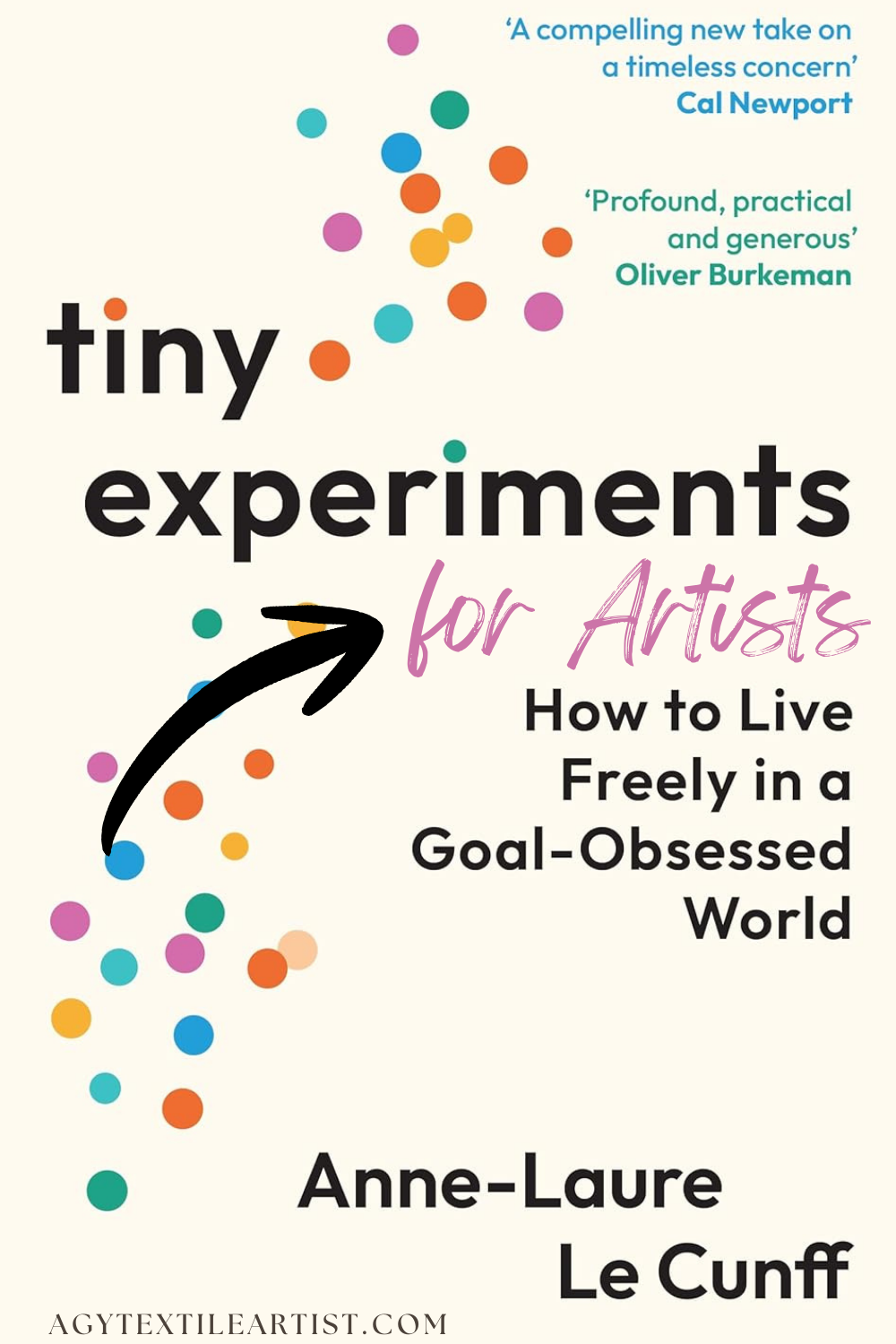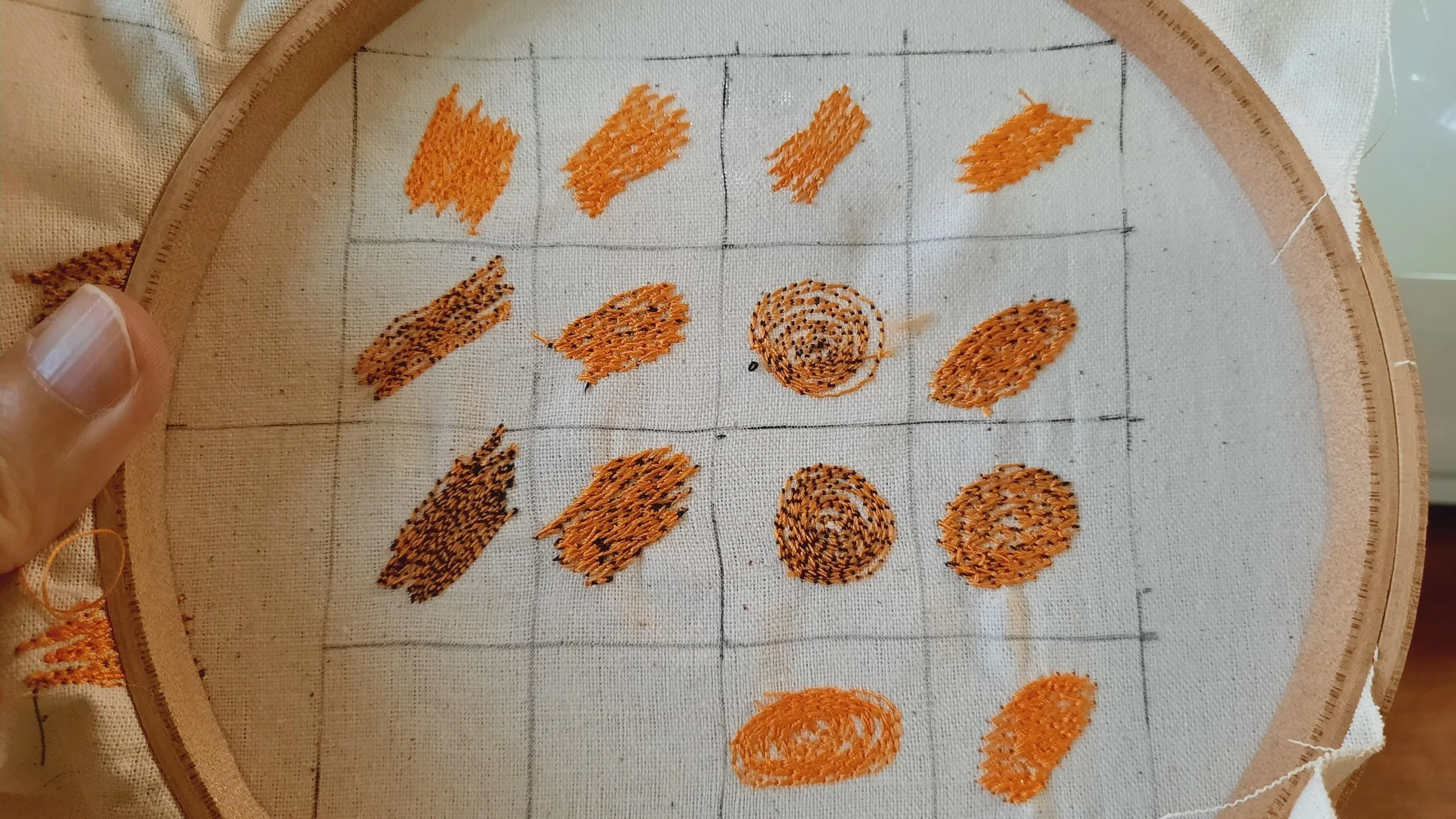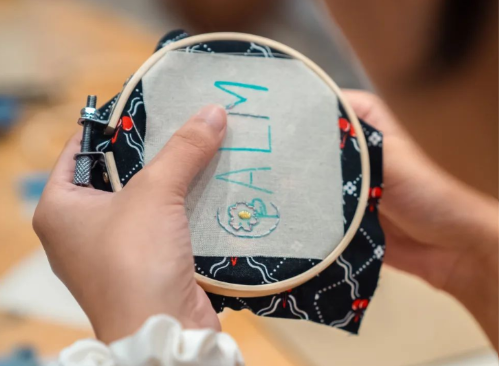Poetic Medicine & Meditative Stitch
English literature wasn't my forte at school. I did not enjoy the poetry we studied. In fact, I can’t remember any of the poems we read. The only works that I can recall from the class were not poetry-related: Far from the Madding Crowd (which I have grown to love), and Macbeth. I did not particularly enjoy English literature because we had exams, and there were certain rules regarding how to interpret the works. It really put me off reading in my teens. I had this view until I met John Fox, a Poetic Medicine practitioner, from the US. He completely changed my perspective!
I was not expecting much when I attended his class at the National Cancer Centre Singapore, but watching how the session progressed, I was amazed by the power of healing through poetry. I also realised how poetic medicine is similar to the power of meditative stitch in so many ways:
John shared that, “creative writing / poetry can enhance your attention to detail and help you become a better listener.”. With meditative or slow stitch, we are also experiencing the same as we pull the needle and thread through fabric, and observe each stitch.
“It can help you practice self-care and avoid burnout” (John Fox). This is also true with the meditative stitch process. We become self-aware and mindful of our actions. It is a small respite or breather in a busy world that we live in.
“It is not a critique class on the craft of poetry…..we will explore the “felt-sense” that may emerge” (John Fox). The “felt-sense” is what we observe how we or others feel when the poem is read, and this is done by slowing down our thinking and being attentive. Meditative stitching is not about creating a product. There is no judgement of the final stitched piece, but a reflection of the process.
John also shared that poetry is healing, especially when you are able to discover your own therapeutic connections with the poems. These can be words or even a whole stanza. I find meditative stitching healing too, as it slows me down and allows me to reset my emotions for the rest of the day.
One of the most powerful things that John said during the class was how important it is for individuals to
“make time for expression”
It got me thinking, “When was the last time you made time to express yourself for YOURSELF?”. Poetic medicine really got me to delve deep into my thoughts and made me understand myself a bit more. During the class, I had not realised I had such dark and negative thoughts - it made me self-aware, and self-reflect - can I be a better version of myself?
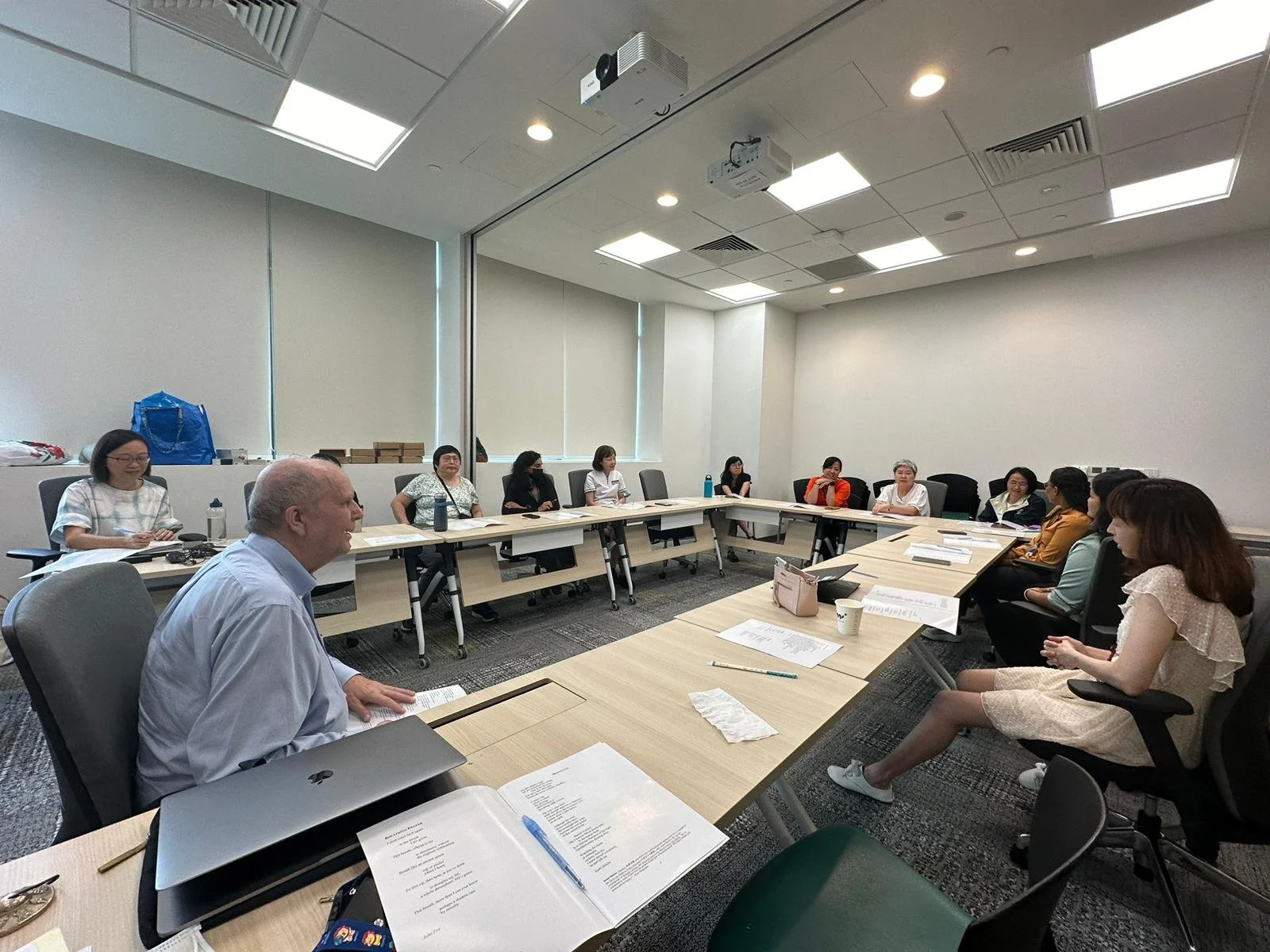
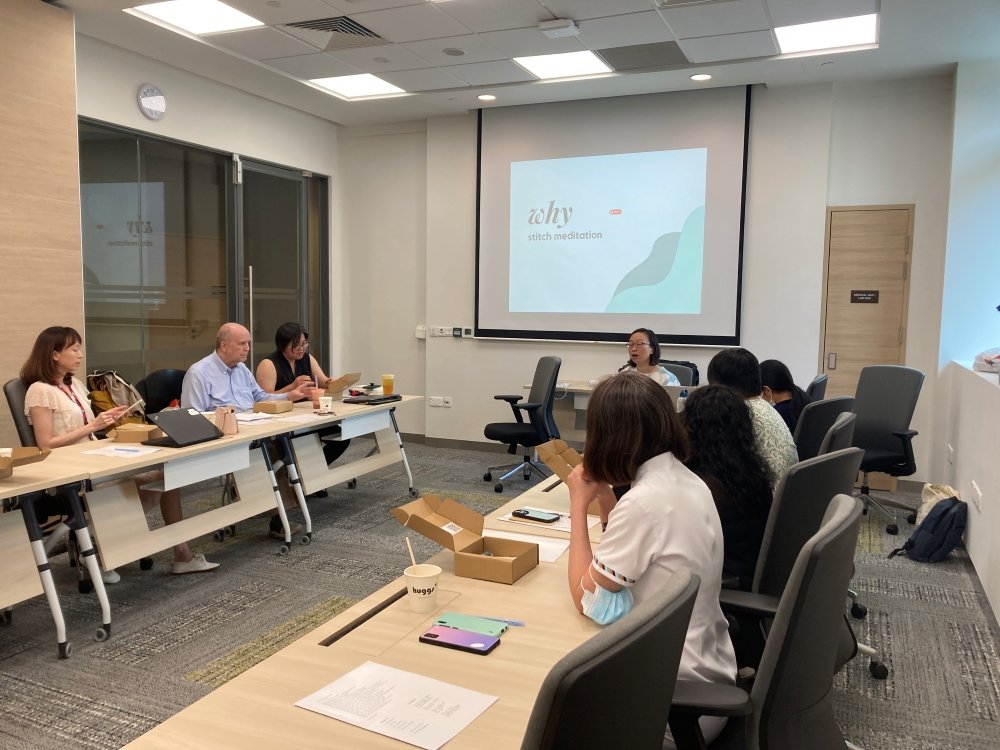
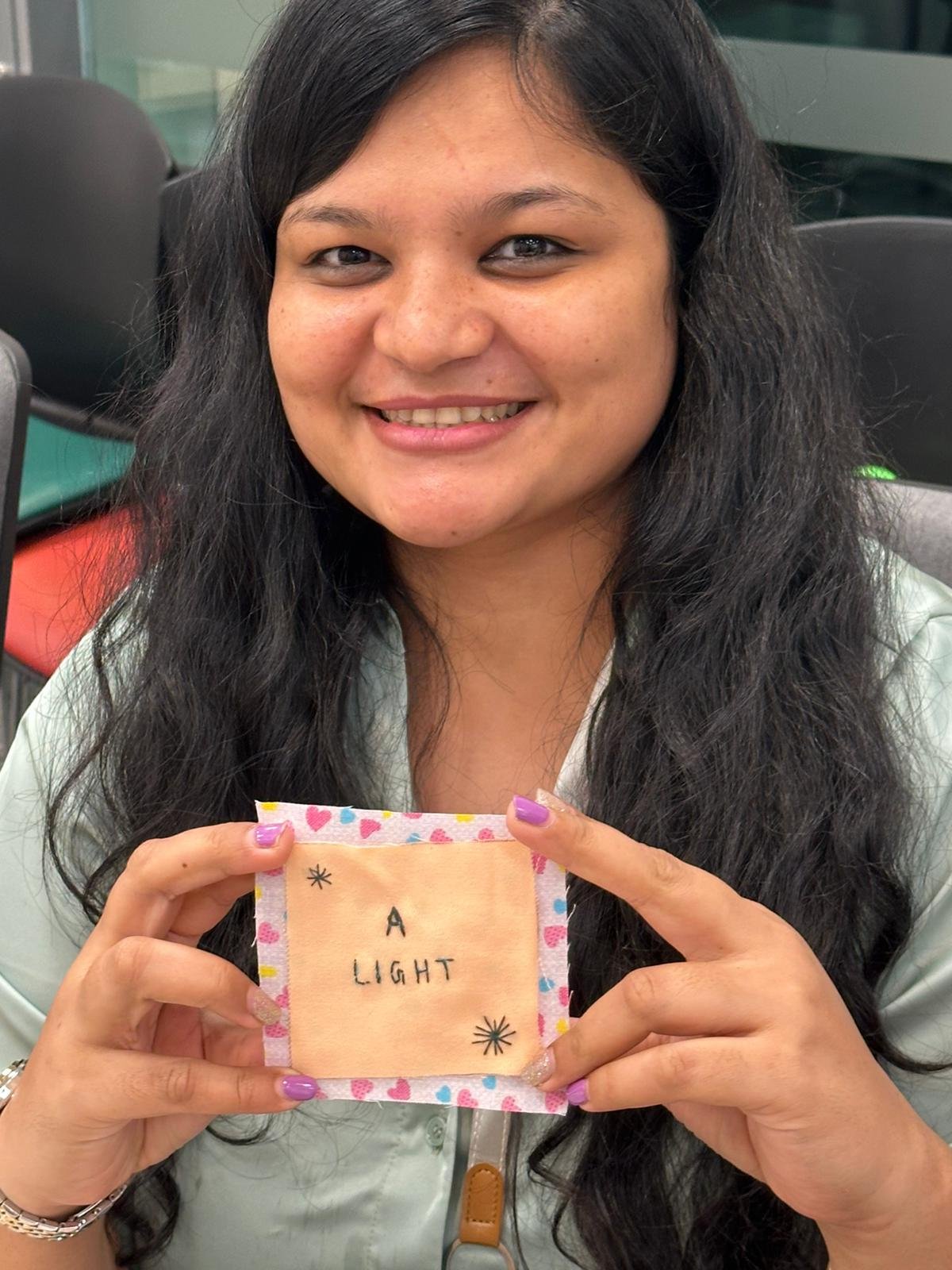
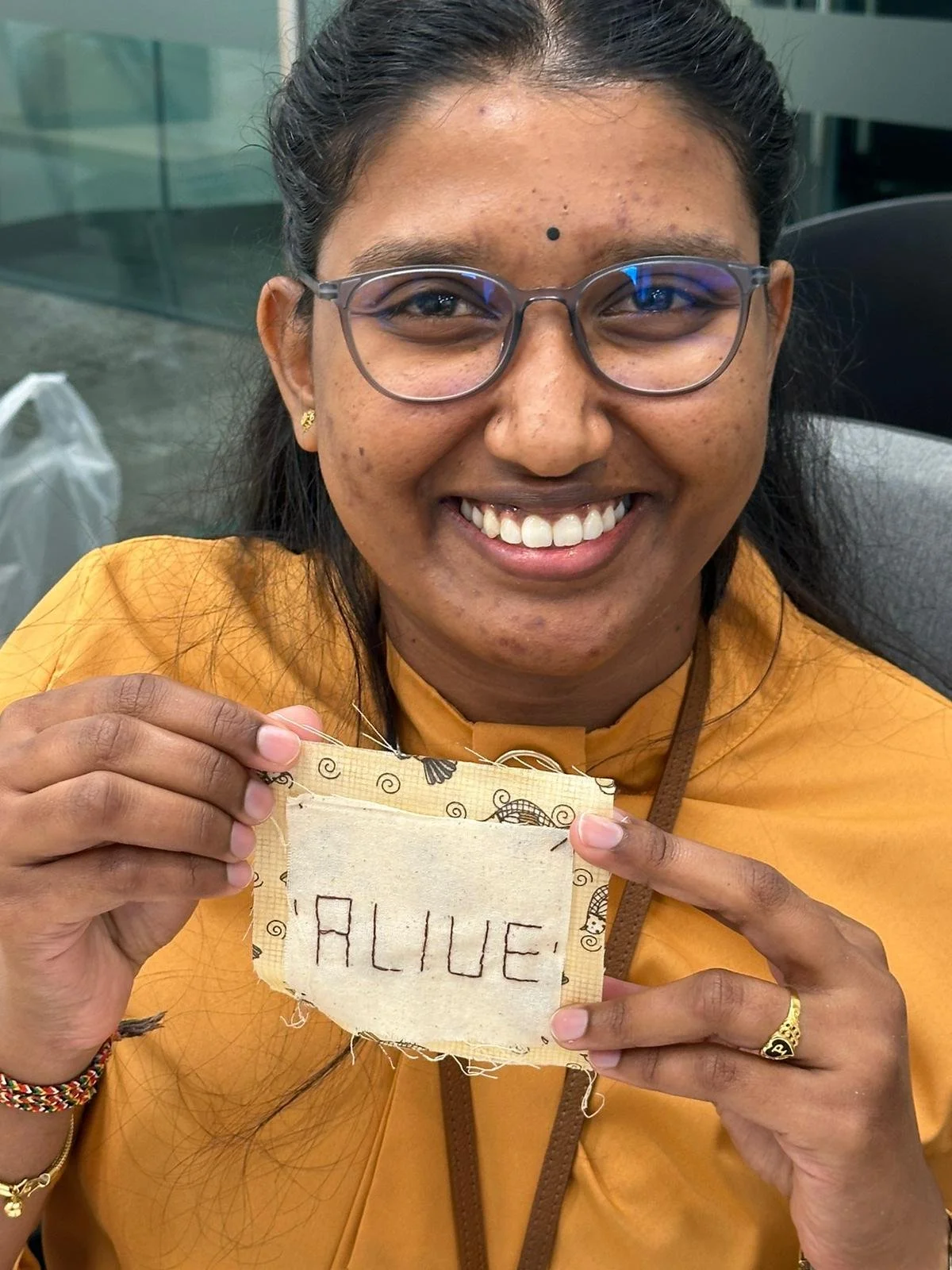
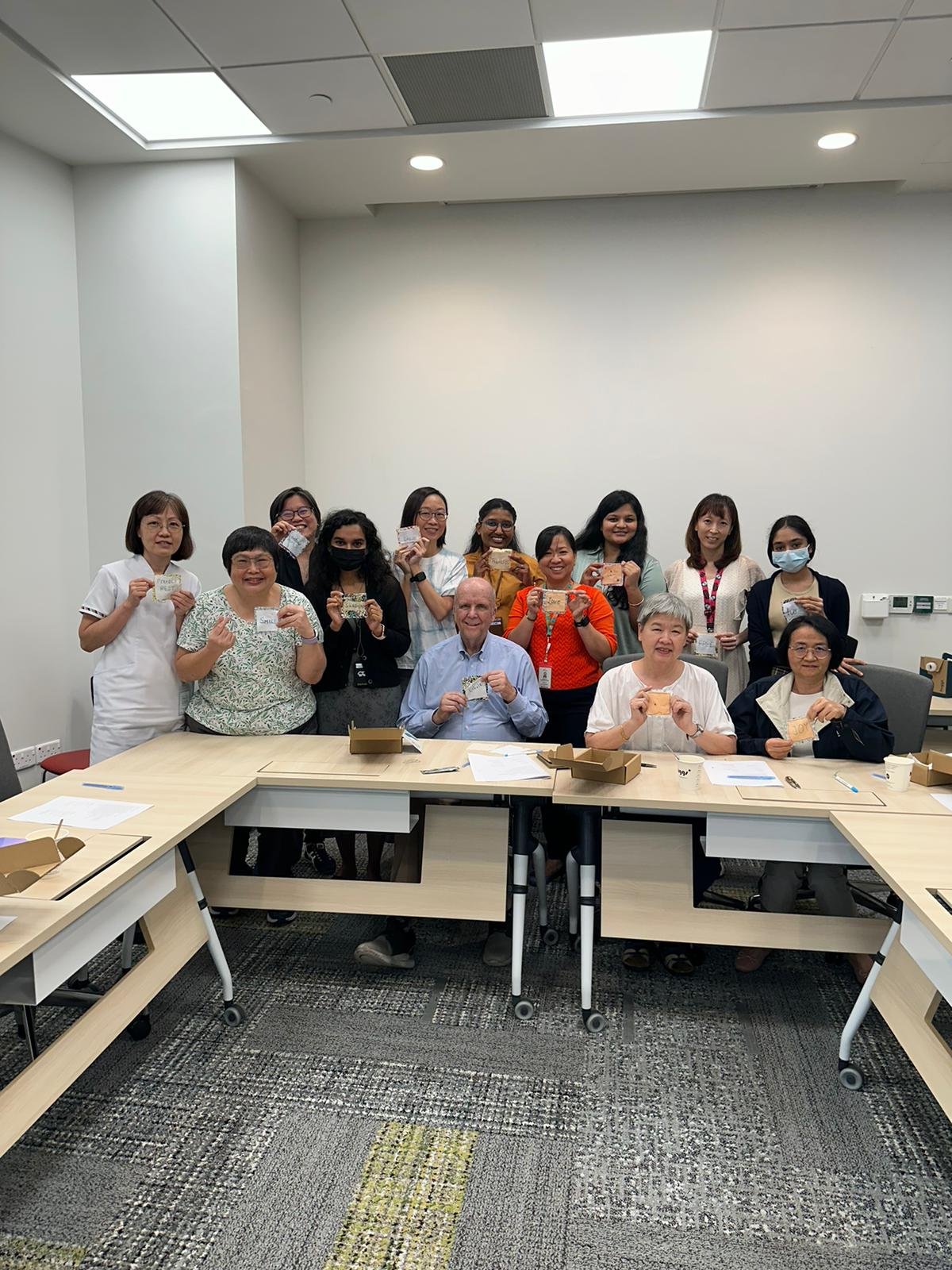
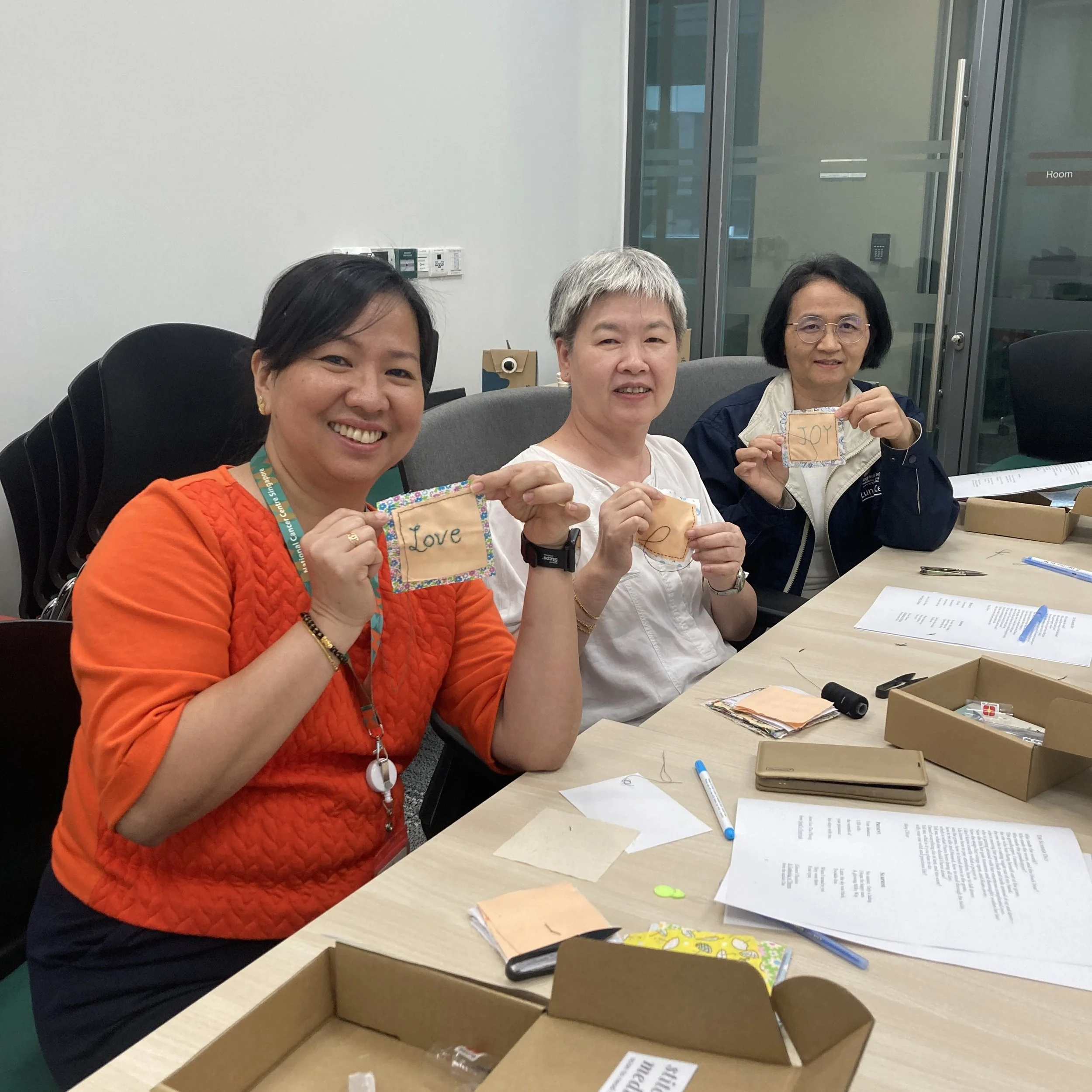
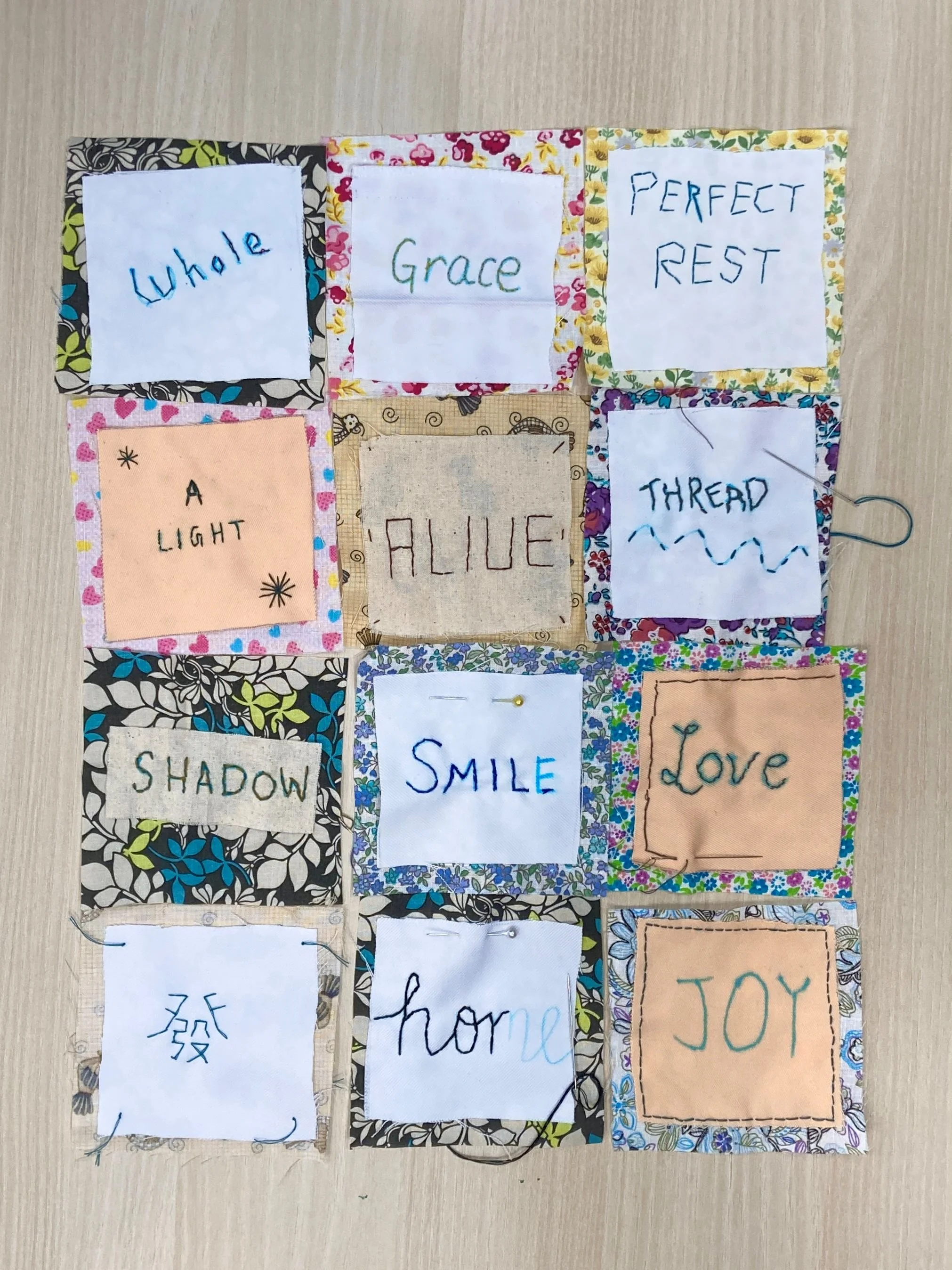
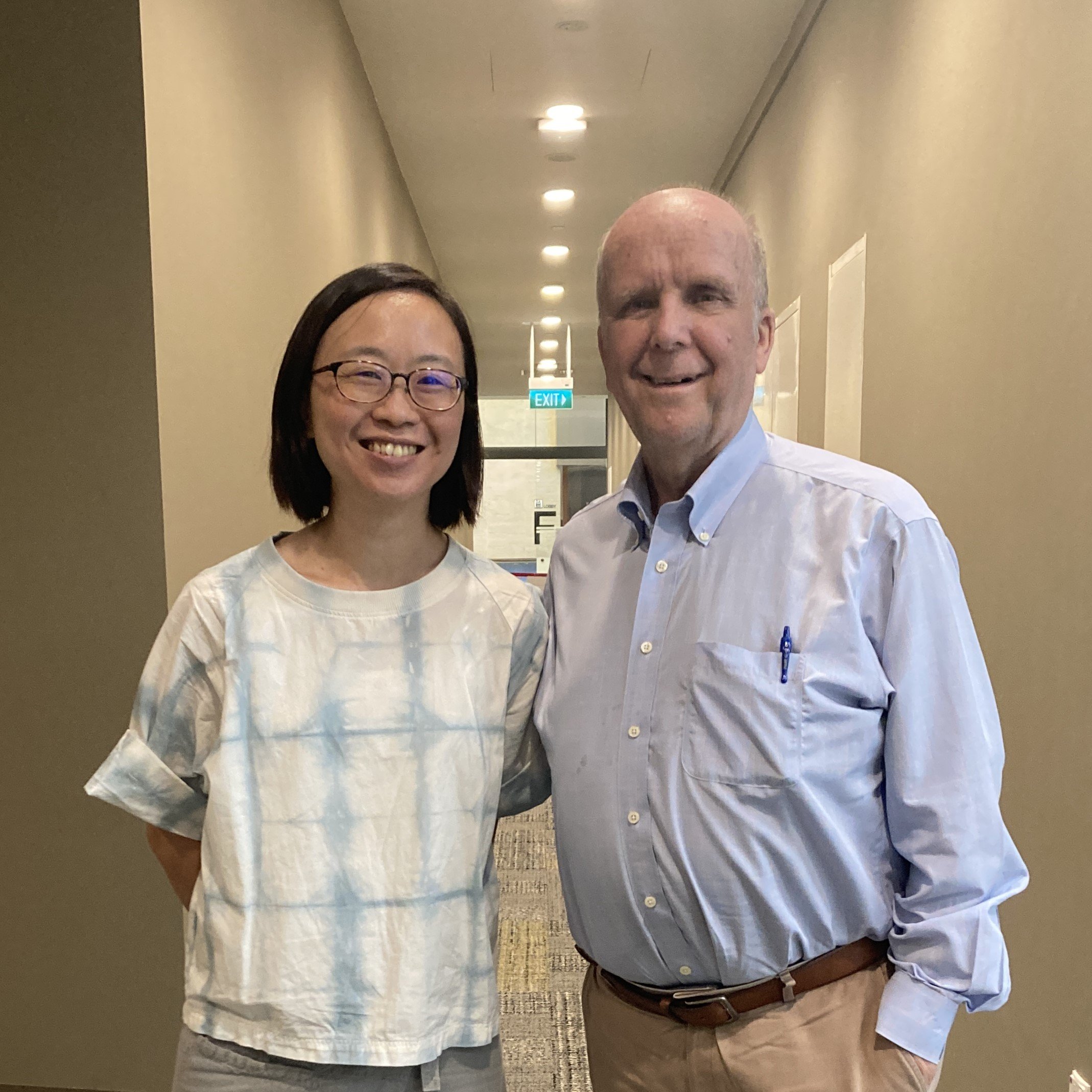
Combining Poetic Medicine & Meditative Stitch
I was really glad I got the chance to meet John as we decided to collaborate on a combined poetic medicine and meditative stitch session in February. Participants went through a guided poetry exploration with John, diving deep into the poetry, discovering parts of the poems that resonated with them, and even writing their own. I then guided the group through stitching their chosen words and phrases - the act of stitching was part of the healing process. Not only was sewing fabrics together a metaphor for repair, but the stitching of the word / phrase allowed the participants to reflect on and internalise them.
The Healing Power of Words & Stitch
The session was a space for self-care, introspection, and finding beauty in the present moment. Do take a look at the words that were stitched by the participants. I thoroughly enjoyed this collaboration, and am so grateful for the opportunity. Witnessing the power of poetry to ignite emotions, and then guiding participants to stitch those resonating words onto fabric, was truly incredible. It wasn't just about creating art (though the pieces were stunning!), it was about unearthing emotions, connecting with our inner selves, and finding solace in the present moment. Each stitch became a vessel for unspoken thoughts, and the sharing circle at the end was a powerful testament to the impact of this unique collaboration
Thank you to John Fox for agreeing to the collaboration.
Special thanks to Dr. Joanne Ngeow for bringing us together, and Veronyka Lau for starting the conversation.

